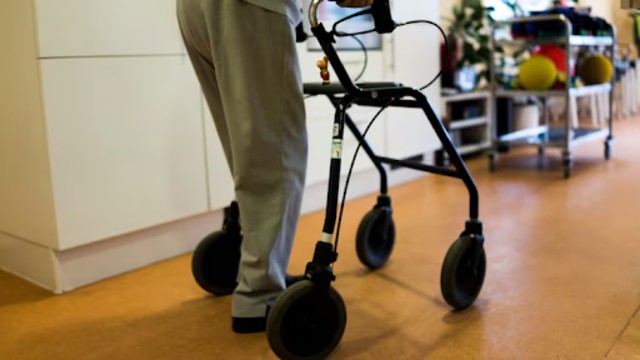
A new study out of Wales has found those who received the shingles vaccine were 20 per cent less likely to develop dementia over the next seven years than those who did not receive the vaccine. (CBC News/Getty Images)
Scientists have uncovered compelling evidence linking the shingles vaccine to a reduced risk of dementia. A large-scale study conducted in Wales found that older adults who received the vaccine were 20% less likely to develop dementia over the next seven years compared to those who did not.
Promising Findings from a Large Study
The study, published in Nature, analyzed health records of over 280,000 individuals. Researchers observed that those who received the shingles vaccine had a significantly lower risk of dementia. Lead author Pascal Geldsetzer of Stanford University highlighted that the vaccine’s protective effects appeared stronger than current dementia medications. However, he emphasized the need for further research to confirm whether the vaccine directly prevents dementia.
How the Shingles Vaccine May Protect the Brain
Scientists suggest two possible ways the shingles vaccine could help reduce dementia risk:
- Reducing Viral Reactivation – The varicella-zoster virus, which causes chickenpox and shingles, can remain dormant in the body for years. When it reactivates, it may contribute to long-term brain damage similar to that seen in Alzheimer’s disease.
- Boosting the Immune System – Vaccination may trigger a broader immune response, which could help the body fight off other infections that contribute to neurological decline.
Neurologist Tissa Wijeratne of RMIT University called the findings a “landmark discovery” in brain health, reinforcing the idea that infections—especially viruses like varicella-zoster—play a role in neurological diseases.
A Natural Experiment in Wales
Unlike traditional clinical trials, which are costly and time-consuming, researchers took advantage of a unique vaccination rollout in Wales. In 2013, the Welsh government offered the shingles vaccine to individuals aged 79 and younger but not to those who had already turned 80.
This created a natural experiment, allowing scientists to compare two nearly identical age groups—one vaccinated, one not. The vaccinated group was 3.5% less likely to develop dementia overall and 20% less likely compared to their unvaccinated counterparts.
Implications for Future Research
The study also revealed an intriguing difference: women benefited more from the vaccine than men. This finding aligns with previous research suggesting that women respond more strongly to vaccines. Scientists believe this may be due to biological differences in immune response.
Additionally, researchers examined Zostavax, a live virus vaccine commonly used at the time. However, many countries, including Canada and the U.S., now recommend Shingrix, a more effective shingles vaccine that uses a different technology. A recent U.S. study found that Shingrix may lower dementia risk even further than Zostavax.
A Step Toward Dementia Prevention?
While the results are promising, experts caution that more studies are needed to confirm whether shingles vaccination directly prevents dementia. In the meantime, doctors recommend other steps to reduce dementia risk, such as staying socially active, controlling high blood pressure, and managing diabetes.
The research marks a significant step in understanding how vaccination could play a role in brain health—and raises hopes for future breakthroughs in dementia prevention.















